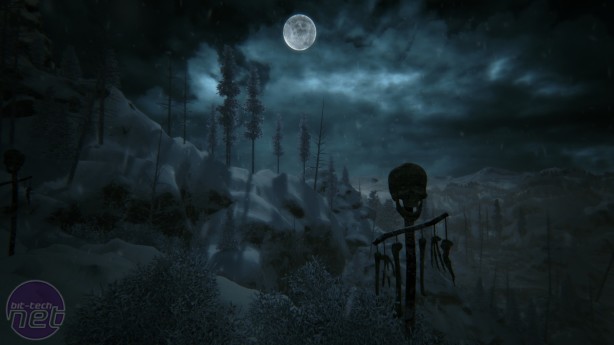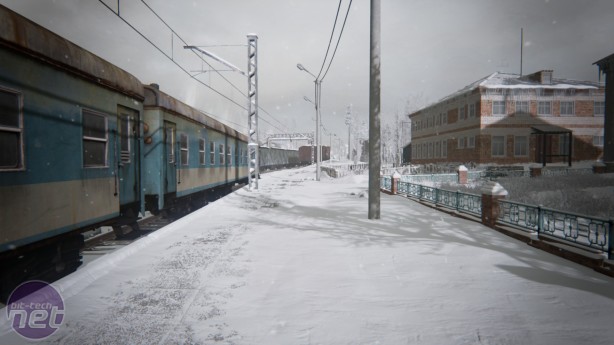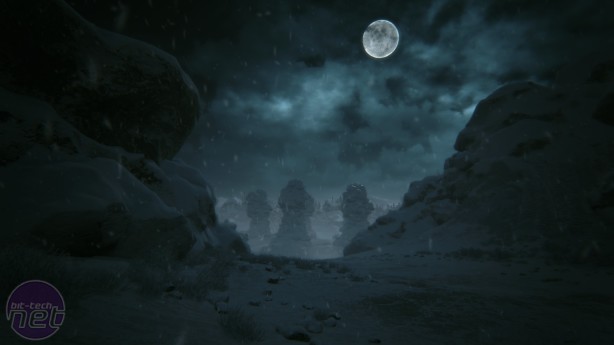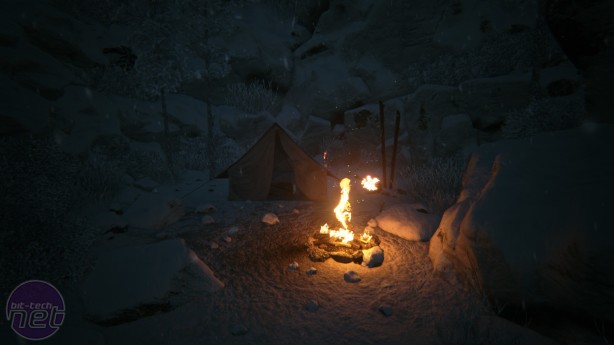
Kholat Review:
Price: £14.99Developer: IMGN.PRO
Publisher: IMGN.PRO
Platform: PC
I really wanted to like Kholat. I really did. I've had my eye on it for at least a year, and with every fresh look it kindled my interest further. Conceptually it's fascinating. Kholat is inspired by the Dylatov Pass incident, where nine Russian hikers trekked into the Ural mountains and were not heard from again. Three weeks later, rescue parties sent after the group stumbled upon the bodies. Their tents had been torn apart from the inside, and many of the hikers had suffered massive internal injuries, but only light surface wounds. Explanations for their deaths have ranged from avalanches to aliens, but the cause has never been confirmed.
Add to that Kholat is one of the first games to release on Unreal Engine 4, and that it's narrated by Sheffield's own Sean Bean, and on paper you've got a seriously impressive game. Sadly, in practice Kholat is simply horrible to play; frustrating, confusing, and insufferably pretentious.
Straddling the walking simulator and horror genres, Kholat begins with a summary of the Dylatov Pass incident, accompanied by some animated line drawings. Then it cuts to your character standing at a train station, without contextualising who you are or what you're supposed to be doing. Even in this small area I managed to get lost, an ill omen of things to come.
Eventually, I stumbled into a forest, where my eyesight started to go blurry and Sean Bean began talking inside my head. After double-checking which mushrooms I'd added to my dinner that evening, I returned to the game to find my character stood beside the world's worst tent, in the centre of a rugged, snowy wilderness. At this point Kholat actually deigned to provide some instruction, informing me how to survive (find more tents) and what I was supposed to be doing (collecting notes).
I'd like to say that from this moment onward the story began to unfold. Instead it seemed to tie itself into multiple separate knots. Scattered about the map are diary entries from two fictional characters; one of the hikers who set out on the original expedition, and a member of the rescue team sent out to find them. Alongside these are myriad supporting documents that discuss everything from meteor strikes to morally questionable psychological experiments. None of it seems to tie together in any meaningful way, and a lot of it comes in great swathes of text that's either difficult to read or uninteresting to listen to.
Then there's Sean Bean's narration. Eddard Stark puts in a fine performance. But the script itself is dire. It's all vague ramblings about pain and anger and madness, none of which seems to link to any of the secondary material. When listening to it, all I could think of was the song Batman writes in the LEGO Movie. It's exactly that kind of adolescent self-indulgence masquerading as intellectual prose.

MSI MPG Velox 100R Chassis Review
October 14 2021 | 15:04













Want to comment? Please log in.